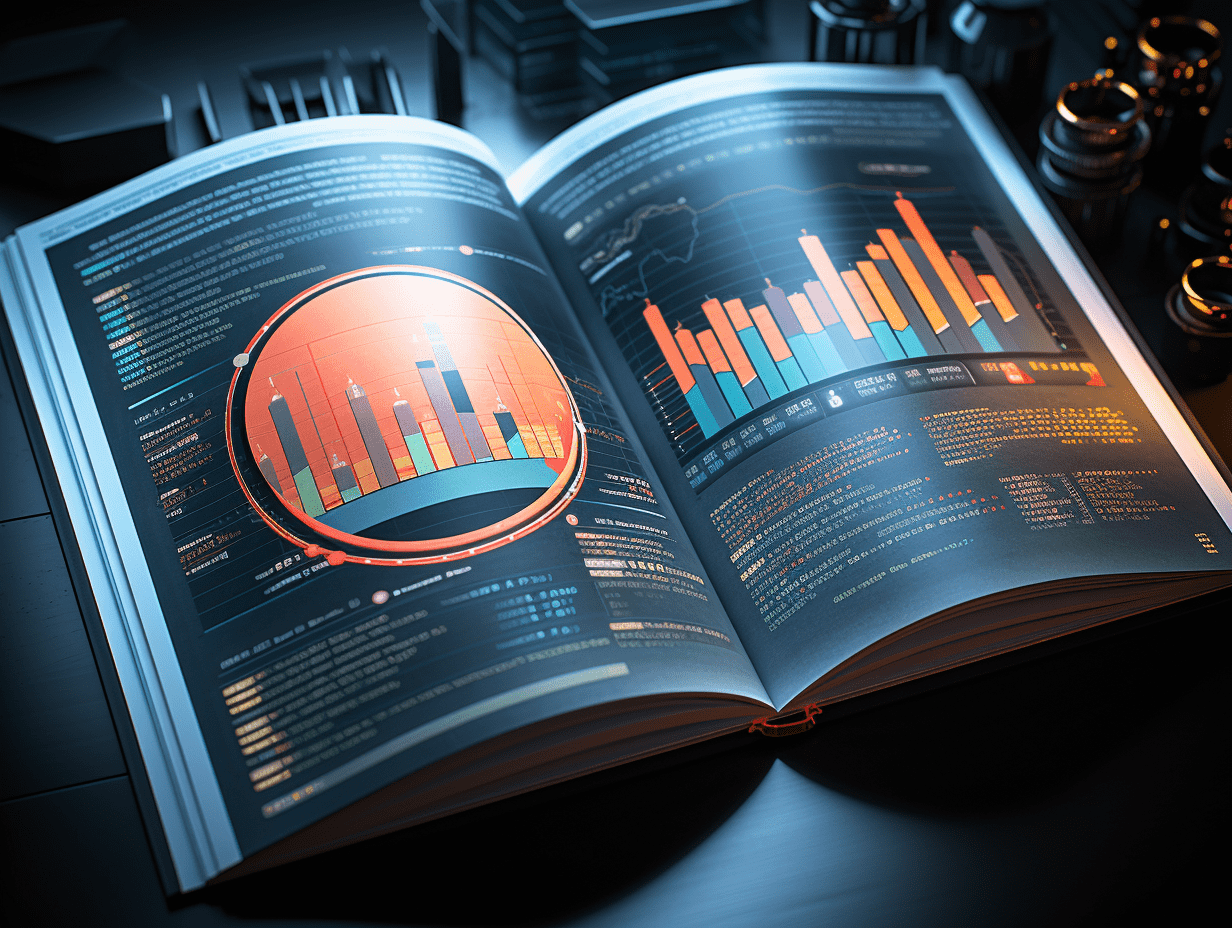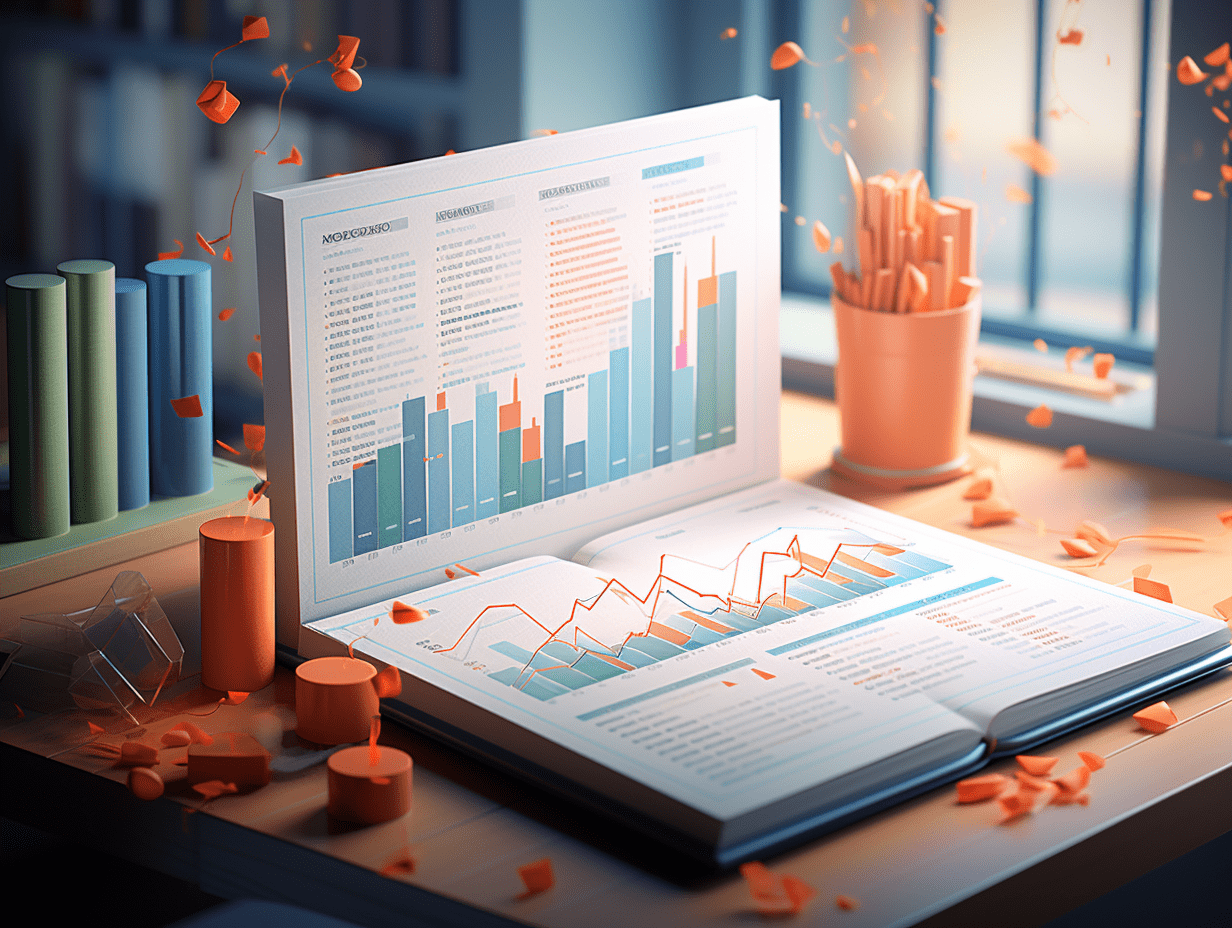Zhang Yidong: The A-share market is still the most promising in the next two to three years, and the technology sector will dominate throughout.
Recently, Zhang Yidong, Chief Global Strategy Analyst of CICC Securities, pointed out that in the next two or even three years, the A-share market is still the most promising; A-shares will outperform Hong Kong stocks in one or two years, and are definitely better than US stocks in about two years.
Recently, Zhang Yidong, the chief global strategy analyst of Industrial, pointed out that in the next two or even three years, the A-share market is still the most promising. A-shares will outperform Hong Kong stocks in one to two years, and will definitely outperform US stocks in about two years. The logic has reversed, mainly due to one change, two fundamentals, and three main themes. In terms of themes, the high-quality equity held by local governments is in line with emerging productivity, including new materials, new energy, biomedicine, artificial intelligence, chips, Siasun Robot&Automation, etc. Therefore, the bull market will drive the discovery of value, and the "technology bull" will run through this bull market from beginning to end.
As for where the "bull" in this bull market is, Zhang Yidong believes there are two levels that are somewhat different from historical trends. In addition to mergers and acquisitions, a very important fundamental aspect is the improvement of shareholder returns. This Chinese-style "slow bull" has solved the fundamental issue of the "bull". By revitalizing the capital market, significant optimization of the effectiveness of fiscal policy, monetary policy, and real estate industry policies has been achieved, with the hope of transitioning from land finance to equity finance. In the future, when looking back on this bull market after many years, the biggest highlight may be the feasibility of implementing Chinese equity finance.
Zhang Yidong stated that they have split local state-owned assets since 2020 and found that they are in line with emerging productivity, such as new materials, new energy, biomedicine, artificial intelligence, chips, Siasun Robot&Automation, etc. A round of bull market has led to the discovery of value, so the "technology bull" will run through this bull market from beginning to end.
If the technology bull can revitalize the assets held by local governments, it will naturally be beneficial to improving the balance sheet and regional economy, thereby solving the issue of domestic demand. He believes that A-shares will outperform Hong Kong stocks in one to two years, and will definitely outperform US stocks in about two years.
Regarding Hong Kong stocks, Zhang Yidong stated that the Hong Kong market is relatively rational, dominated by overseas funds. Every time there is a bear or bull market turning point, its performance is very impressive. Additionally, its performance is also exceptionally good in the later stages of a bull market. However, during the progress of a bull market, especially when it is launched during a relatively low economic period, its fundamentals are not as strong. For Hong Kong stocks, its performance during the progress of a bull market is not as good as A-shares.
Zhang Yidong believes that as the Chinese economy may gradually stabilize and slowly recover, with a more clear increase in efficiency, in the later stages of this bull market, American and European overseas capital will still flow back into Hong Kong stocks. Because capital seeks profit, he is optimistic about the strategic advantages of Hong Kong stocks. However, in terms of momentum, there may be more opportunities for A-shares next year or even in the following years.
As for US stocks, if Trump's economic policies are truly implemented, US stocks will not be bad next year. The style of US stocks next year may lean towards domestic demand in the US, finance, real estate, and cyclical industries. However, by 2026, the pressure of inflation in the US will be significant. Therefore, in the next four years of Trump 2.0, Zhang Yidong's expectations for the future US economy are to rise first and then fall. For the next two years, the US stock market needs to exceed expectations in order to maintain a bullish trend; if the economy does not meet expectations, such as in 2026 or 2027, there may be significant risks for US stocks.
Regarding US bonds, with Trump's election, US bonds are more likely to experience a weak oscillation in the next few years. The possibility of the 10-year US bond yield returning to below 3.5% next year is low, it may hover around 4%, and it is not ruled out that in 2026 or 2027, US bonds may enter a bear market. He believes that in the next two years, A-shares will definitely be better than the bond market, whether it is US bonds or Chinese government bonds. As for gold, Zhang Yidong has a long-term bullish view on gold, or digital currencies like bitcoin, with the core reason being the pressure on the US national balance sheet.
Furthermore, Zhang Yidong also believes that in the early stages of this bull market, ETFs will definitely dominate; in the middle stages, index enhancement may become more prominent; and towards the end, actively managed funds that can outperform the index continuously after two or three years will still have the potential for significant growth. In terms of momentum, this year and next year may be a period of significant development for passive ETFs, similar to the situation in the US stock market after the subprime crisis in 2008. Additionally, with long-term funds entering the market, a high-level meeting on September 26 encouraged social security, pension funds, and corporate pension funds to enter the market, clearing the barriers for the entry of medium and long-term funds.
Related Articles

Bidding for Warner Bros. (WBD.US) enters a critical period, while Paramount Skydance (PSKY.US) speeds up the antitrust review process.

US Stock Market Move | Multiple departments issued letters to support the new consumption and financial consumption driving LexinFintech Holdings Ltd. Sponsored ADR Class A (LX.US) to rise by 6.04%.

Industry's First Rider Family Hospitalization Protection Implemented Meituan Upgrades Major Illness Care Plan Covering Over One Million Rider Families
Bidding for Warner Bros. (WBD.US) enters a critical period, while Paramount Skydance (PSKY.US) speeds up the antitrust review process.

US Stock Market Move | Multiple departments issued letters to support the new consumption and financial consumption driving LexinFintech Holdings Ltd. Sponsored ADR Class A (LX.US) to rise by 6.04%.

Industry's First Rider Family Hospitalization Protection Implemented Meituan Upgrades Major Illness Care Plan Covering Over One Million Rider Families






